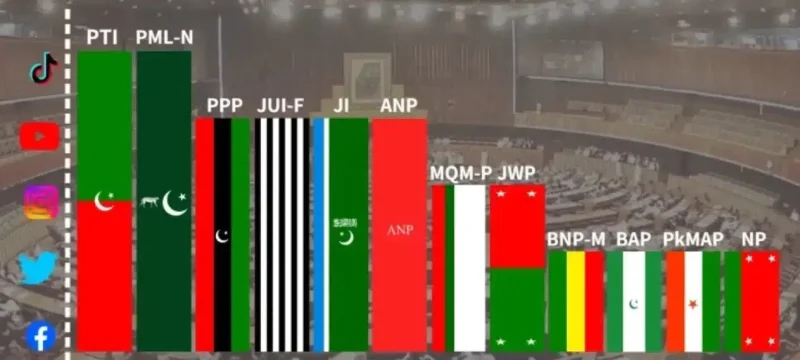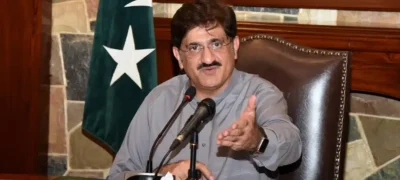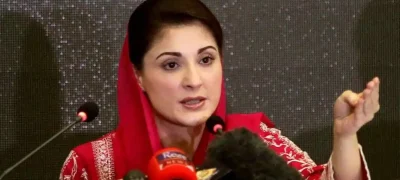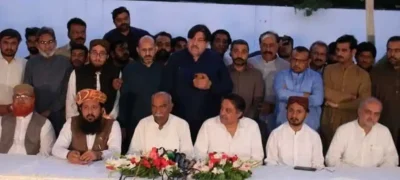In the midst of Pakistan’s election campaign fervor, the Pakistan Muslim League-Nawaz (PML-N) finds itself facing an uphill battle in the digital arena. Despite their efforts, they continue to lag behind the Pakistan Tehreek-e-Insaf (PTI) and the Pakistan Peoples Party (PPP) in the social media sphere.
On platforms like Twitter, where political discourse often takes center stage, PML-N’s presence has been overshadowed by PTI’s dominance. Despite concerted efforts, their hashtags struggle to gain traction, with PTI’s #خان_کی_کال_پر_لبیک (On Khan’s word, Labbaik) and #نشان_بدلا_ہے_ایمان_نہی (Changing the symbol, not the faith) consistently reigning as the top two trends.
Also Read: PMLN finally unveils election Manifesto
Analysts attribute PTI’s success to their robust social media strategy, which effectively amplifies their messaging and engages their base. In contrast, PML-N has faced criticism for the perceived inefficiency of their social media teams and digital agencies. Despite recognizing the importance of online presence, PML-N’s efforts have fallen short of resonating with the electorate.
Moreover, PPP’s savvy utilization of platforms like YouTube has further widened the gap for PML-N. With over 900 million Pakistanis on the video-sharing platform, PPP’s strategic focus on YouTube campaigning has proven fruitful. Their engaging content and targeted approach have enabled them to connect with a wider audience, bolstering their electoral prospects.
Observers suggest that PML-N’s apparent complacency may stem from a misplaced confidence in their traditional support base or a belief that they can secure victory without extensive campaigning. However, in the volatile landscape of Pakistani politics, such assumptions can prove to be costly.
As the election draws nearer, PML-N faces mounting pressure to revamp their digital strategy and bridge the gap with their rivals. Failure to do so risks further marginalization in the digital realm and could undermine their electoral prospects. With the importance of online influence on the rise, PML-N must adapt swiftly to the evolving dynamics of political communication to remain competitive in the upcoming elections.









